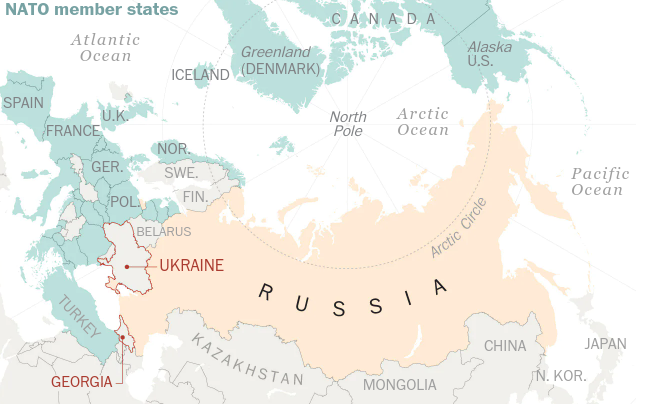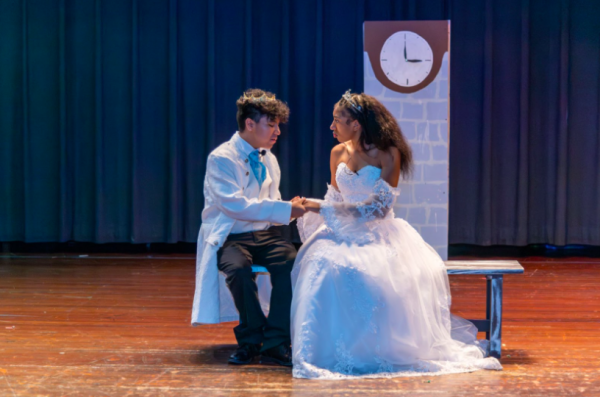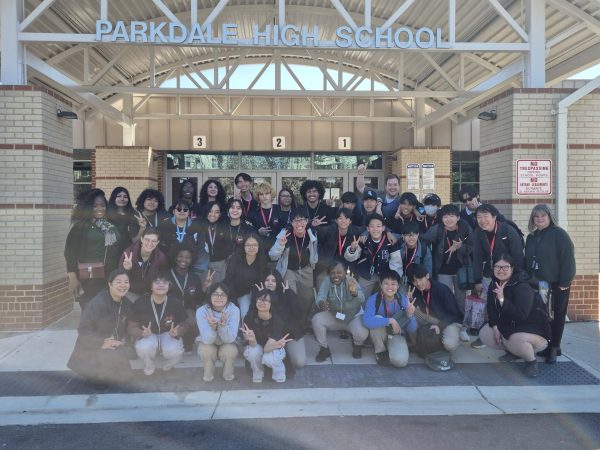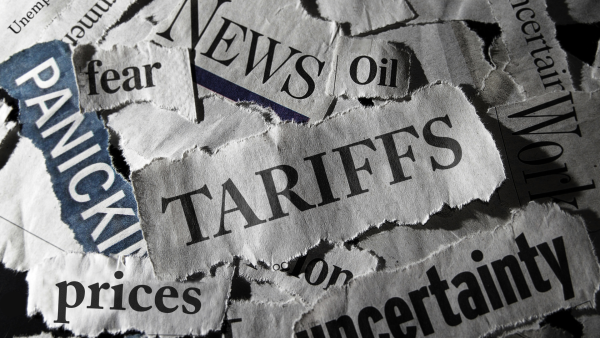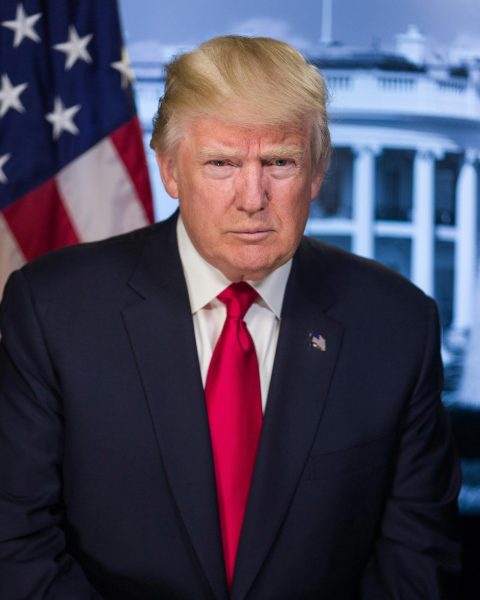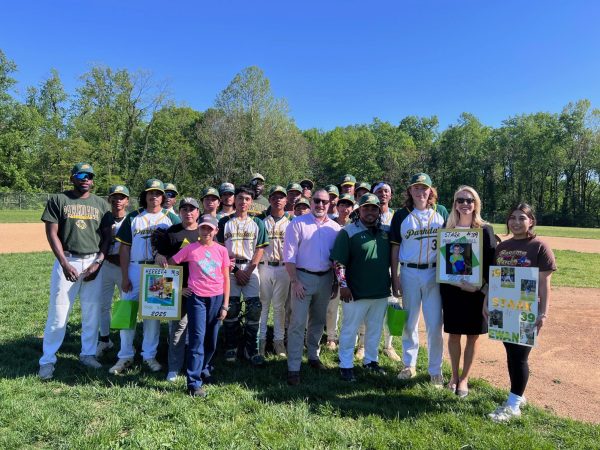Ukraine, Russian situation explained as tensions rise
Longstanding tensions between Russia and Ukraine are coming to a head as Russian troops surround Ukraine on its northern, southern and eastern borders. The consequences of a Russian invasion of Ukraine could lead to NATO, diplomatic, physical, and economic retributions against the Russian Bear. As well as environmental and humanitarian tolls on both sides.
Everyone is on high alert. Day after day the whole world is being warned that The Bear could pounce at any moment. As Russia amases more and more troops at the Ukrainian border the Kremlin continues to gaslight the world and deny everything.
“We must address what Russia is doing right now to Ukraine. “Secretary Antony J. Blinken said at a UN Security Council meeting on Feb. the 17th “Over the past months, without provocation or justification, Russia has amassed more than 150,000 troops around Ukraine’s borders, in Russia, Belarus, occupied Crimea. Russia says it’s drawing down those forces. We do not see that happening on the ground. Our information indicates clearly that these forces– including ground troops, aircraft, ships– are preparing to launch an attack against Ukraine in the coming days.”
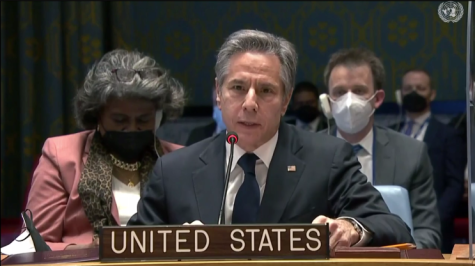
Member nations of NATO have been quick to send military aid to Ukraine to prevent and defend against a Russian invasion. According to NPR, countries including Estonia, Latvia, Lithuania, Turkey, and Britain are sending weapons like javelin anti-armor missiles, stinger anti-aircraft missiles, anti-tank drones, and anti-tank missiles. Germany is even sending a whole field hospital through Estonia.
Ukraine is doing its share to prepare. According to Vox there has been “a surge of nationalism,” in Ukraine. Even though most of the world thought the matter in 2014 was over. With Vox saying “It bears repeating that Ukrainians have been fighting Russia since the annexation of Crimea in 2014, and in the intervening years, some 14,000 people have been killed.”
Not only that, but more Ukrainians are stepping up and training in “civil defense.” According to PBS Ukrainians are stocking up on food, water, training, and weapons. “…all the people who come here love Ukraine. They are ready to defend it and want to know how to do it.”
President Biden has made it abundantly clear that every avenue of diplomacy within reason will be taken before the star-spangled boxing gloves come out. Alongside that, the U.S. is deploying economic sanctions against Moscow and high level allies in order to deter their aggression towards Ukraine.
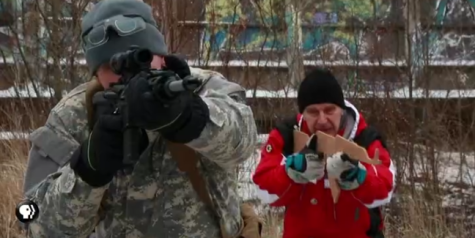
“…it would basically take the form of sanctions of any entity in Russia associated with the government, the military, the police service, banks, any Russian banks that has loaned money to the military,” said Micah Watson, Supervisory Foreign Affairs Officer in the Bureau of Democracy, Human Rights and Labor for the U.S. State Department. “…these kinds of sanctions basically cut off or eliminate the ability to participate in the international banking system.”
According to Mr. Watson it is very unlikely that President Biden will commit US troops into any non NATO countries but it is likely that Biden will use “over the horizon weapons” If Russia invades Ukraine.
A Short History of Ukraine
The country that is now known as Ukraine dates back to 482 with Kiev as its capital. Skipping forward a bit, the warlords that controlled Moscow took control of the small Ukraine in the 1300s. Skipping to 1917 during WWI amidst the chaos Ukraine thought independence from Russia sounded cool but newly communist Russia did not and crushed the Ukrainian revolution. By 1921 the Russian communists swooped in and annexed Ukraine into the new Soviet Union (USSR). When Stalin came to power he forced Ukraine to export most all of it’s grain. This man-made famine resulted in five to seven million dead. In WWII when the Nazis invaded, many Ukrainians fought on the German side in WWII, simply because they hated Stalen more. After WWII the USSR took back Ukraine. When the USSR collapsed in 1991, Ukraine gained independence. But not really because Russia has been attempting to subvert Ukrainian autonomy and stability ever since.
Ecological and Human Consequences
With Russia surrounding Ukraine on three sides, Ukraine has made it clear that they won’t go down without a fight. In 2014 when Russia invaded and annexed Crimea Ukraine engaged in scorched earth tactics when they built a dam that cut off 85 percent of freshwater to the residents of Russian Crimea. Open Democracy called it the “Crimea’s slow-burn water crisis.”
Ukraine has demonstrated its ruthlessness that it has and will use against any Russian advancement, besides that, there is the natural and unavoidable fall out of war.
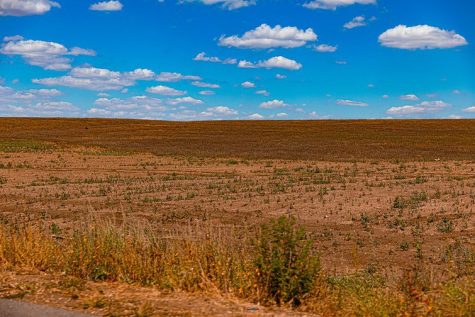
“…any level of conflict can cause ecological damage and damage to infrastructure, driving people to seek vital resources (i.e. water) from unconventional sources.” Mrs. Jen Eldridge, Senior Climate/Environment Officer, U.S. Department of State told the Paw Print over email on Feb. 17th. “That said, the even bigger concern is the compounding effect that climate change can have on people who are living in conflict zones. People fleeing from violence become displaced, often in refugee camps or other suboptimal, often overcrowded, conditions with limited resources. If those places are then struck by extreme weather events, such as flooding or an unusually frigid winter, that only makes life even worse for those people, and it also makes it much more difficult for countries/NGOs trying to provide aid and relief to those people.”
Russia has the fourth largest military on the planet according to Sky News and far out matches Ukraine. If all out war erupts in western Europe it is likely that NATO will step in. What does that mean for the US? Many people in this school are at or above the age of 18 and lots of people are in the JROTC. As unlikely as it is, perhaps the question of a draft could come about if this war were to persist. Could some of us find ourselves graduating into a war?
Your donation will support the student journalists of Parkdale High School. Your contribution will allow us to cover our annual website hosting costs and publish some printed editions, as well.

Lucas Olivo is a 10th grade reporter with the Paw Print. This is his first year with The Paw Print. Although he has only been writing for The Paw Print...

